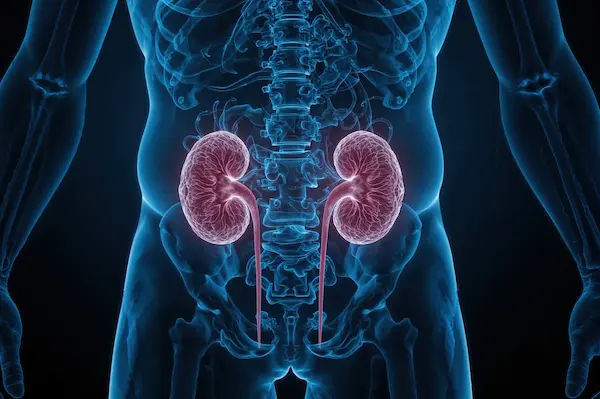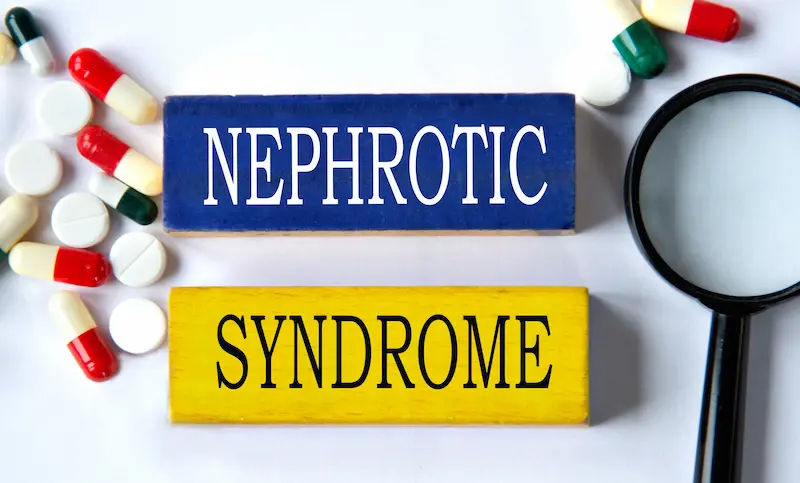- male
- 60 Years
- 01/04/2021
What color is urine when your kidneys are failing?
More Nephrology Health Queries
View allI recently got my urine tested, and the results showed albumins present. Can you help me understand why this might be happening and suggest ways to reduce it?
Presence of albumin in urine (albuminuria) can be due to various reasons such as diabetes, hypertension, kidney damage, or urinary tract infection; to reduce albuminuria, your nephrologist may recommend lifestyle changes like maintaining a healthy blood pressure and blood sugar level, reducing protein intake, increasing omega-3 fatty acids, and staying hydrated, along with medication if necessary.
Answered by 1 Apollo Doctors
My dad's been dealing with kidney disease for the past five years, and we're actively getting treatment. Right now, it seems like his kidney function is between 17 to 19 percent, and his creatinine level is at 5.1. I'm really worried and just wondering at what stage does he actually need to start dialysis, and realistically, how many more years might we be able to prolong his life?
Dialysis will be needed at any point of time once the percentage of kidney function is below 15%. How well a person does on dialysis depends on how well heshe prepares for it. Your patient should get an AV fistula as soon as possible so that dialysis can be initiated in a stress free environment. People can survive on dialysis for years and even decades of proper care is taken.
Answered by 1 Apollo Doctors
Is my creatine level okay? I'm a bit concerned about my kidney health and wondering if everything's functioning well. Should I see a doctor for this?
A creatinine level between 0.6-1.2 mgdL for males and 0.5-1.1 mgdL for females is considered normal; if your level is within this range, your kidney function is likely normal;
Answered by 1 Apollo Doctors
Disclaimer: Answers on Apollo 247 are not intended to replace your doctor advice. Always seek help of a professional doctor in case of an medical emergency or ailment.





